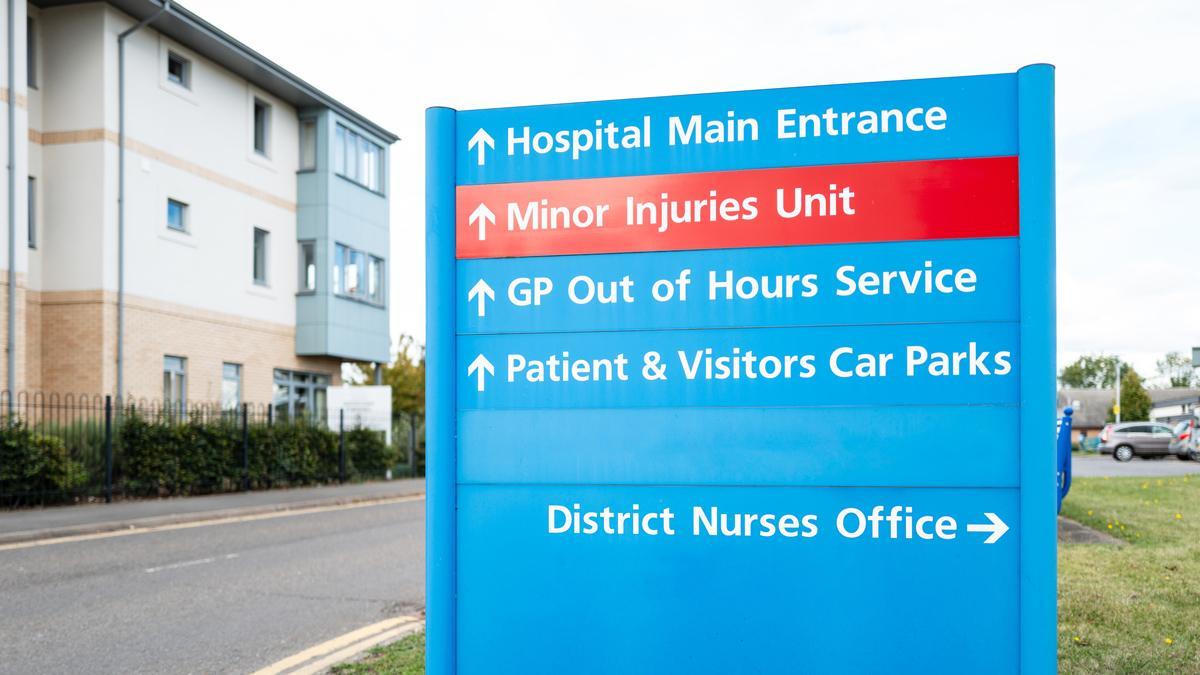New passport 'will speed medtech rollout in NHS'

The UK government has released further details of its 10-year plan for the NHS, due to be released this week, including a new mechanism that it says will allow new technologies to be rolled out more quickly.
A new 'innovator passport' – which will be developed in the next two years – will mean that technologies that have been assessed by one part of the NHS and found to deliver benefits can be deployed more quickly by others.
The pathway would be available to a broad range of medtech technologies, according to the Department of Health and Social Care (DHSC), which gave special wound dressings to reduce infections, antimicrobial protective coverings for cardiac devices, and rapid influenza testing kits as recent examples of projects that could benefit.
According to the government, the passport will eliminate multiple compliance assessments, reducing duplication across the health service, and will be delivered through MedTech Compass, a recently launched digital platform developed by DHSC that will speed up decision-making in trusts and will act as a one-stop shop for NHS assessments.
The pathway will mean that NHS patients "will get more effective treatments and support quicker, and the NHS will make the most of its finite assessment resource, all while businesses are given a boost through the government’s industrial strategy," said the department.
"The digital system will act as a dynamic best buyer’s guide, making it easier for trusts to compare products side-by-side in one place," it added.
For medtech companies, the initiative promises to do away with bureaucracy that the government says has discouraged businesses from pursuing NHS deployment.
"For too long, Britain’s leading scientific minds have been held back by needless admin that means suppliers are repeatedly asked for the same data in different formats by different trusts – this is bad for the NHS, patients, and bad for business," said Health and Social Care Secretary Wes Streeting.
"These innovator passports will save time and reduce duplication, meaning our life sciences sector – a central part of our 10 Year Health Plan – can work hand in hand with the health service and make Britain a powerhouse for medical technology," he added.
"Frustrated patients will no longer have to face a postcode lottery for lifesaving products to be introduced in their area and companies will be able to get their technology used across the NHS more easily, creating a health service fit for future under the Plan for Change."
The scheme follows the publication of a UK strategy document for medtech in 2023 that called for greater consistency and clarity on how to bring innovative products to market, as well as a new Rules-Based Pathway that will extend the remit of health technology assessment (HTA) agency NICE to include devices, diagnostics, and digital health products.
First unveiled last year, the latter pathway aims to accelerate access to new medical technologies by laying out a common set of rules and commissioning principles and, according to NICE, will also be adopted in the 10-year plan.
"To give patients across the UK the best possible care, there must be a clear route to funding when NICE recommends a technology – whether it’s a medicine, device, or digital tool," said Sam Roberts, chief executive of the agency.
"Until now, that principle has only applied to medicines."
The UK medtech industry has a turnover of £34 billion ($43 billion), contributing £5.4 billion in exports, and employs more than 150,000 people.












